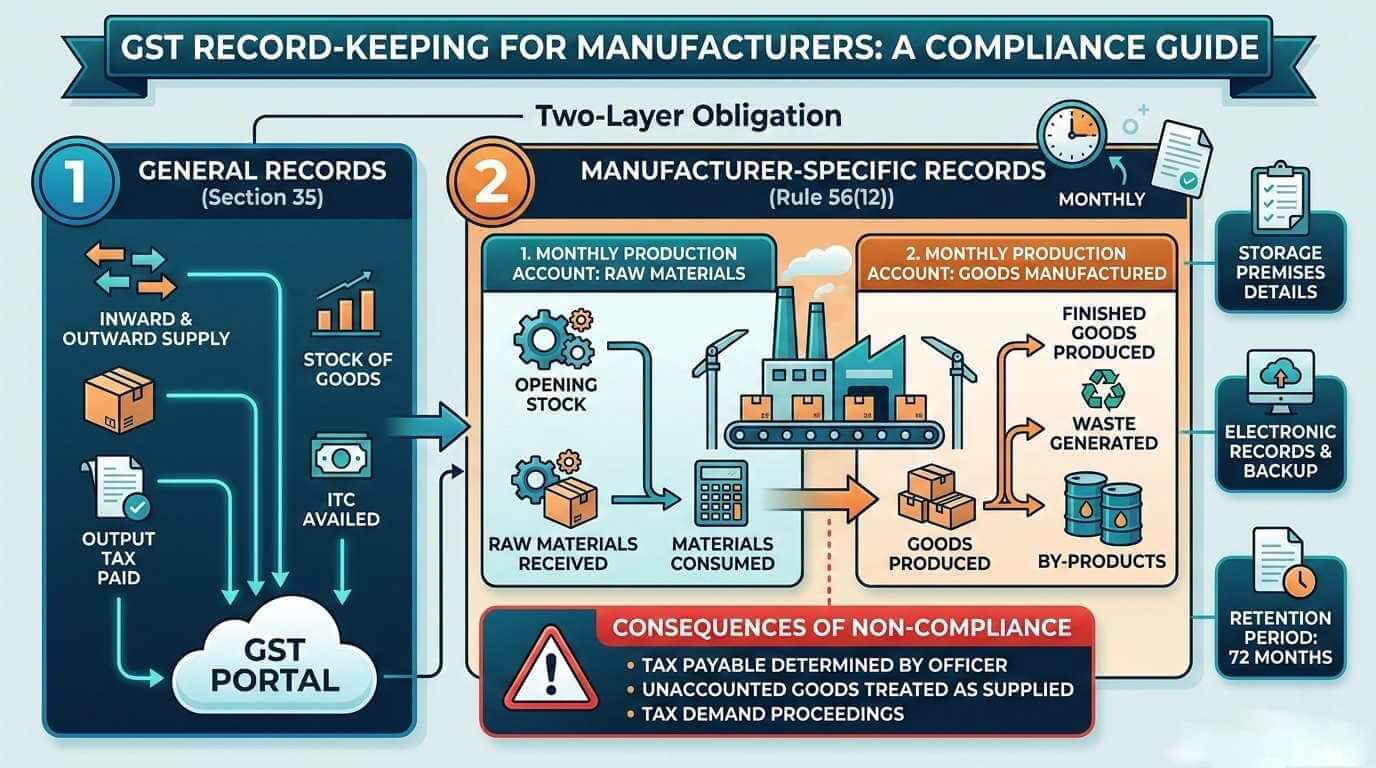Internal Environmental Factors Affecting Staffing
Various internal factors influence the staffing process, and organizations generally have a high degree of control over these factors. Let’s look at them in detail:
1. Size of the Organisation
Staffing practices often depend on the size of the organisation. A small organisation, for instance, cannot follow the same staffing practices as a large one. It may not be able to attract highly talented staff due to limited resources. Even if it tries, it may end up increasing the staffing cost.
2. Organisational Image
The image of an organisation in the human resources market is shaped by its staffing practices—such as training and development facilities, compensation and incentives, and work culture. If all these factors are positive, the organisation will be in a better position to attract both talented candidates and loyal customers.
3. Organisational Business
The vision and direction of a business directly influence the staffing function, as they determine the kind of personnel that may be required in the future.
- A growing organisation will likely need more staff to support expansion.
- A declining organisation may have to reduce staff.
- A stagnating organisation will focus on retaining its current employees.
Each situation demands a different staffing strategy.
4. Technological Factors
When an organisation adopts new technology, there’s a greater demand for technical personnel, skilled workers, and machine operators compared to other employees. Hiring skilled employees and increasing their numbers to meet changing job requirements can be a complex challenge for HR planners.
5. Changes in Employee Roles
In modern workplaces, the relationship between employees and management is more like a partnership. Management can improve the staffing process by:
- Providing benefits that boost morale
- Introducing negotiation channels to reduce grievances
- Encouraging employee participation in decision-making
6. Education
Well-educated employees are more likely to question and challenge management decisions—especially when company policies affect their interests. While they can make valuable contributions, managing such employees can also be more challenging for the organisation.
Read the related article -





